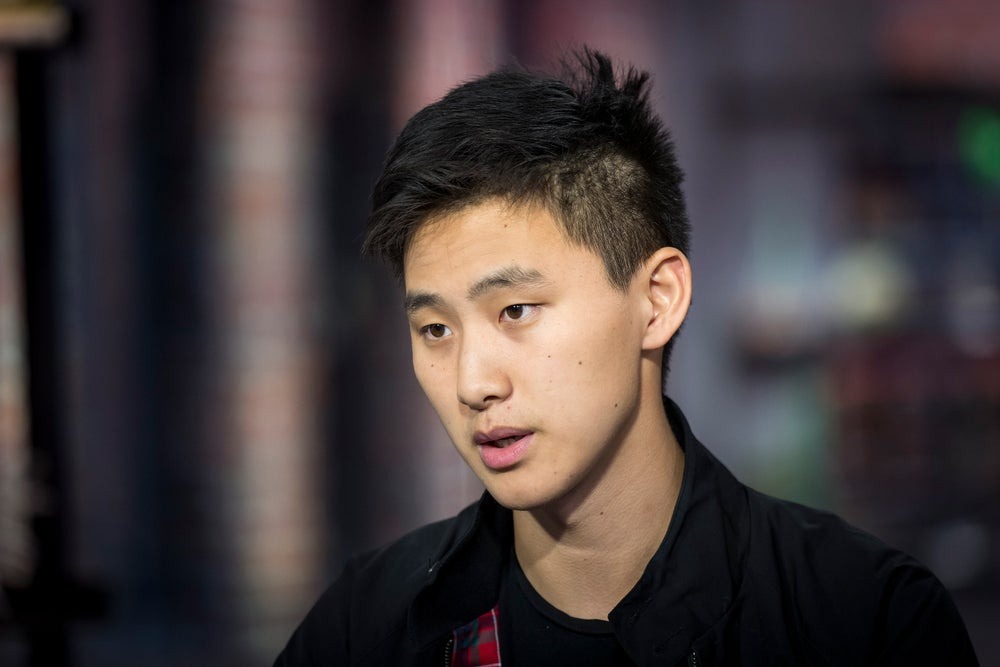Alexandr Wang, an MIT dropout, co-founded ScaleAI, an AI-driven data-labeling startup supported by Amazon, which is now valued at $14 billion. Remarkably, Wang became a billionaire at just 24 years old, and at 27, he remains the world’s youngest self-made billionaire with a net worth of $2 billion.

During a discussion with WaitWhat media CEO Jeff Berman and Intel’s Lama Nachman, Wang addressed the question, “What skills do young people need to develop today for the future economy?” He identified prompt engineering—the crafting of prompts for AI chatbots—as an essential skill. However, Wang emphasized that even more critical is the ability to tackle the challenge of enabling AI to think more like humans, particularly over extended periods.
Wang highlighted that human beings excel at long-term thinking and reasoning across extended time horizons, a skill that distinguishes them from AI. He explained that while current AI models are proficient at predicting immediate next steps, they struggle with processing multiple steps accurately in a sequence. According to Wang, AI often falters at the third, fourth, or fifth step in a chain of reasoning, making errors that humans would typically avoid.
Wang underscored that humans will always retain a significant advantage over AI in terms of long-term reasoning. He suggested that this capacity for deep, extended thought is something that people should focus on developing and honing. For Wang, disciplines that cultivate long-term thinking, such as math, physics, and other technical fields, are particularly important. He noted that these areas encourage individuals to think through the implications of their actions many steps ahead, which is a valuable skill in both the present and future economy.
“It’s the classic stuff,” Wang stated, referring to the importance of engaging with subjects like math and physics. He also pointed to fields like economics, which demand long-term thinking and consideration of outcomes far down the line, as being particularly valuable in today’s world.
In response to the same question, Intel’s Lama Nachman highlighted the importance of critical thinking and reasoning, especially when interacting with AI. Nachman stressed that these skills are crucial when evaluating AI-generated responses, particularly since AI is not always accurate in its conclusions.
Wang also touched on the training process for AI models, noting that many of these models are trained on vast amounts of data from the Internet. His comments align with recent statements made by Microsoft AI CEO Mustafa Suleyman, who indicated that AI can be trained on nearly all content available online.
In summary, Alexandr Wang, a young billionaire at the forefront of AI innovation, believes that the key skills for the future lie in developing long-term thinking and reasoning abilities, particularly in technical fields. While prompt engineering is important, Wang emphasizes that humans’ capacity for extended thought will remain a crucial advantage over AI.
